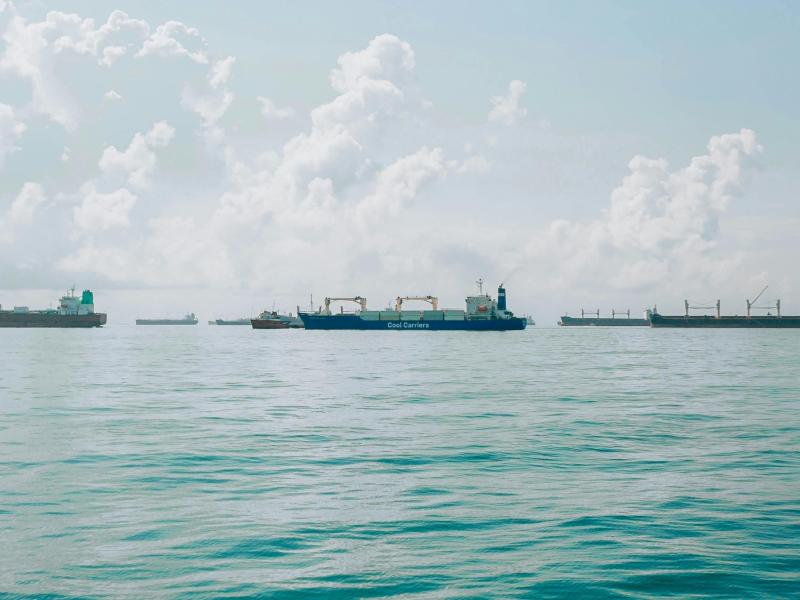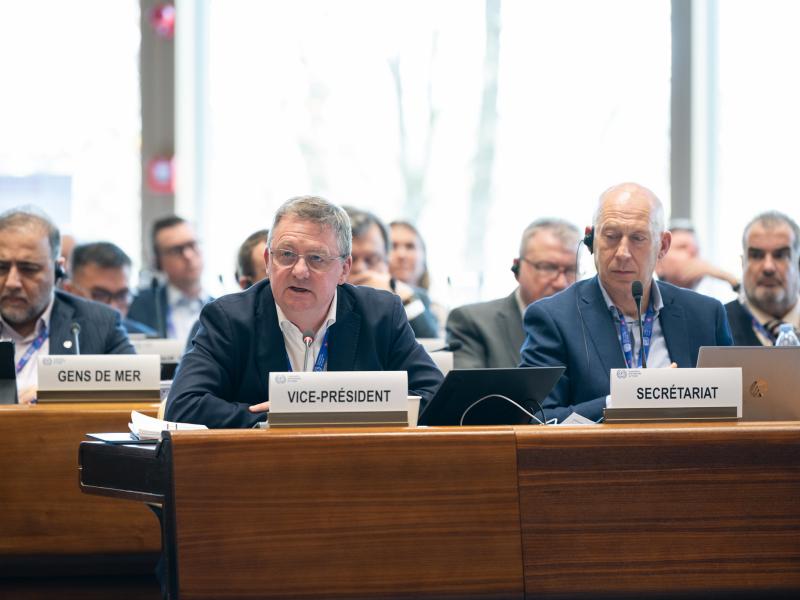The ITF voiced its concern this week to the Joint Negotiating Group (JNG) regarding the Strait of Hormuz, Gulf of Oman and Israeli ports and asked that these areas be designated as Warlike Operations Areas (WOA). The move would give seafarers the right to refuse to enter these zones and to be repatriated safely and without penalty.
“Seafarers are being asked to operate in one of the most unstable and militarised regions,” said David Heindel, Chair of ITF Seafarers’ Section. “Our goal is simple: to ensure they are informed of the risks, supported with appropriate protections, and have the right to protect themselves.”
“There is an undeniable increase in military activity,” Heindel added. “The Gulf of Oman and the Strait of Hormuz have seen a steady build-up of naval forces from multiple countries. Drone strikes, vessel seizures, and armed encounters involving commercial shipping are no longer isolated events – they are part of an increasingly dangerous pattern.”
The ITF pointed to several factors driving concern. Military activity in the region has intensified, while at the same time, major maritime insurers have already classified these waters as war-risk zones – a sign of just how serious the threat has become.
The ITF warned that seafarers are being placed in the crossfire of regional conflicts they have no part in.
“We’ve heard directly from crew members and shipping companies that merchant ships are becoming targets,” said Neven Melven, President of the Seafarers’ Union of Croatia. “The use of missiles and drones in the vicinity of Israeli ports and along key shipping lanes reflects the asymmetric nature of modern conflict – and it puts civilian seafarers at risk.”
Declaring the areas as WOAs would unlock key protections: the right to refuse passage, access to risk pay and emergency support, and above all, the right to be safely repatriated.
Mark Dickinson, Vice Chair of the ITF Seafarers’ Section, said: “It’s telling that major maritime insurers have already listed these waters as war-risk zones. Their assessments are based on security intelligence, not speculation. If the insurers recognise the threat, so should shipowners. And let’s be honest: if the region truly wasn’t dangerous, there wouldn’t be a large and sustained military presence, armed ships, and naval convoys. The contradiction is obvious.”
The ITF reaffirmed its willingness to continue dialogue but stressed that safety must come first.
“Declaring these areas as Warlike Operations Areas – or at least High-Risk Areas – gives seafarers the right to say ‘no’ without repercussion. We hope employers reconsider their position in the spirit of shared responsibility,” Dickinson added. “In the meantime, we will continue to advocate for seafarers’ rights, safety, and dignity – because no one should be forced to risk their life without a choice.”
Photo credit: REUTERS



